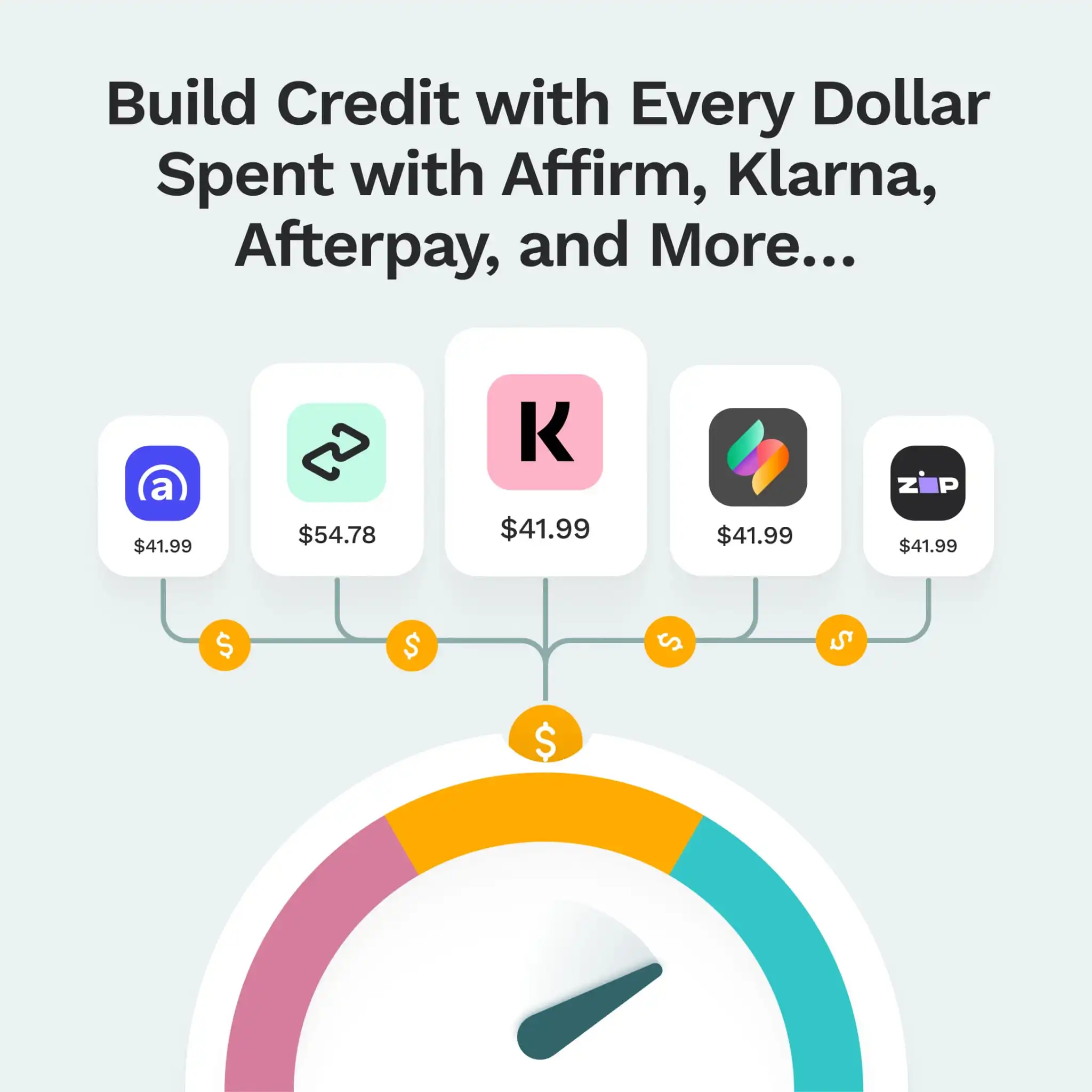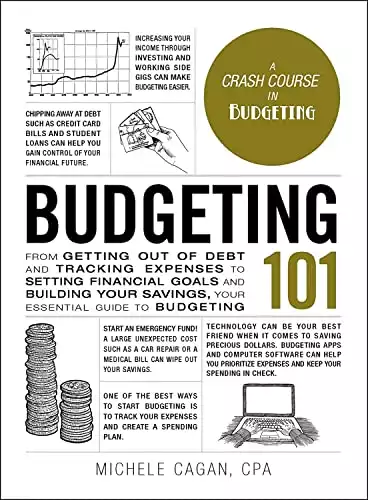We may receive compensation when you click on links to products from our partners. For more information, please see our disclosure policy.
Let’s face it: the post-graduate transition from not earning in
Before you think about how to spend that first paycheck, including probably buying your friends a round of drinks in celebration, consider this: the money management habits you start now will shape your financial future. Don’t let your paycheck disappear just as it pops up in your account.
Overview
- Track Your
Expenses : Keep a detailed record of every dollar you spend to identify where your money is going. This will help you understand your spending habits, cut unnecessary expenses, and ensure you are living within your means as you adjust to your new income. - Automate Your
Savings : Set up automatic transfers from your checking account to asavings account. Automating yoursavings ensures that you consistently save money each month without having to think about it, making it easier to build financial security over time. - Consider Retirement Contributions: Even as a new graduate, it’s important to start thinking about retirement. If your employer offers a 401(k) or similar plan, consider contributing at least enough to get any employer match. This is essentially free money that can grow significantly over time.
- Explore Investment Options: Beyond a
savings account, consider other investment options like stocks, bonds, or mutual funds. Starting toinvest early allows your money to grow through compounding, potentially giving you a more secure financial future.
- Live Below Your Means: Avoid lifestyle inflation, where your spending increases along with your income. By maintaining a modest lifestyle even as you start earning, you can save more,
invest , and be prepared for any unexpected financial challenges that may arise. - Build Credit Responsibly: Establishing good credit early on is crucial. Use a credit card wisely, making sure to pay off the balance in full each month to avoid interest and build a strong
credit score . This will help you in future financial endeavors like renting an apartment or buying a car. - Plan for Large Purchases: If you plan to make significant purchases, such as a car or expensive electronics, set a
savings goal and plan your finances accordingly. Avoid impulsive buying by carefully considering whether the purchase aligns with your long-term financial goals. - Understand Taxes: Learn about how taxes impact your income, especially when filing for the first time. Knowing how much you owe and what deductions you qualify for can help you avoid surprises and ensure you’re making the most of your earnings.
- Take Advantage of Employee Benefits: Review all the benefits offered by your employer, such as health
insurance , retirement plans, and tuition reimbursement. These benefits can significantly reduce your out-of-pocketexpenses and provide additional financial security. - Set Financial Goals: Identify both short-term and long-term financial goals, such as saving for a vacation or buying a home. Having clear goals will give you direction and motivation, helping you stay focused on managing your income effectively.
Understand Your Paycheck
Receiving your first paycheck can be exciting yet very stressful. In between the rollercoaster of emotions that comes with handling commitments, challenges, and new opportunities, you should take time to review your pay stub. Familiarize yourself with the federal income tax withholding charges and the actual wages that accurately reflect your annual compensation.
Depending on the company’s mode of payment, you can get this information in various ways. It’s crucial to know how to get your paystub from a direct deposit or physical paycheck notwithstanding. You also need to check the number of allowances to claim on your W-4 using the IRS withholding calculator. Knowledge is critical, and with it, you can make informed financial decisions.
Prepare a Budget
Your first payday might seem like an endless cash supply. You need to remember that life in the workforce poses a new challenge regarding handling expenses. Gone are the days of outside sources of
After knowing your exact earnings, analyze and note down all
Cushion – Simplify Your Bills. Build Credit. Easy.
Meet Cushion – the easiest way to organize, pay, and build credit with your existing bills and Buy Now Pay Later. All your recurring payments — one dashboard, complete control.
We earn a commission if you click this link and make a purchase at no additional cost to you.
Handle Any Outstanding Debts
With your new source of income, you must start thinking about clearing any outstanding debts. If you’re coming out of school with
The faster you repay these loans, the more interest it’ll save you in the long run. You can also opt for refinancing the loans into one monthly payment with a new servicer. This way, you can secure lower interest rates or adjust your
Budgeting 101: From Getting Out of Debt and Tracking Expenses
This clear and simple guide provides tons of practical advice for keeping track of your finances. With useful tips on setting financial goals, reducing debt, finding ways to save money, and creating and following a budget plan, you’ll have your dollars and cents under control in no time.
Buy from Amazon.com
Buy from Walmart.com
We earn a commission if you click this link and make a purchase at no additional cost to you.
08/19/2024 12:41 am GMT
Set Aside an Emergency Fund
Being financially independent can come with its fair share of complications. Sudden illnesses, car accidents, and other emergencies may arise from time to time. You need to be ready for these, or else your financial stability may be at stake. Automatically set aside a specific amount of money from each paycheck for these emergencies.
It’s advisable to have one to two months’ worth of
Lay a Solid Financial Foundation for Your Future
Getting out of





